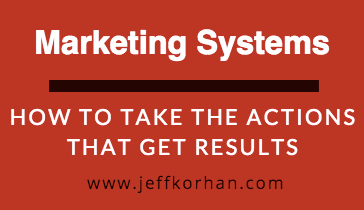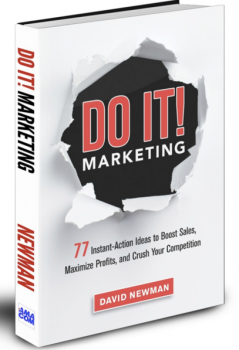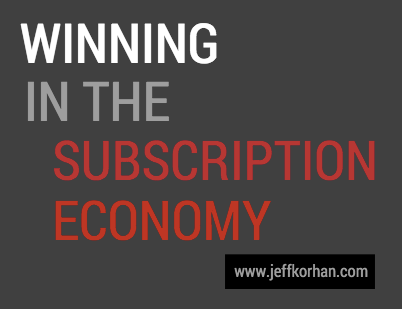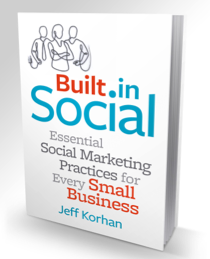Podcast: Play in new window | Download
Subscribe: RSS

This is Episode 68 of This Old New Business weekly business podcast with Jeff Korhan.
David Newman is a nationally-recognized marketing systems expert and author of the Amazon #1 bestseller, Do It! Marketing: 77 Instant-Action Ideas to Boost Sales, Maximize Profits and Crush Your Competition. He runs a marketing and training firm dedicated to helping speakers, authors, consultants, and high-fee experts maximize their influence, impact, and income.
David’s instant-action marketing advice has been featured and quoted in The New York Times, Fortune, Entrepreneur Magazine, and hundreds of media outlets throughout North America.
Be Sought After for Your Expertise
 David Newman is the creator of the Do It! model for helping people become an expert that is sought after, as opposed to a generalist that is a commodity. You have probably figured out that Newman’s approach is about taking action, and it is.
David Newman is the creator of the Do It! model for helping people become an expert that is sought after, as opposed to a generalist that is a commodity. You have probably figured out that Newman’s approach is about taking action, and it is.
The key is taking the right actions that lead to desired results. By setting results aside to focus on process steps it becomes much easier and enjoyable to build the habit of making progress that will eventually be rewarded. Here’s how David Newman breaks it down.
Define
Know who you are, what you do, and who you do it for before going to market. In addition to that, take a stand and let that come out in your marketing voice. As David Newman says, “You can be any flavor you want as long as it’s not vanilla.”
Organize
This is the heart of your systems orientation. You have to be clear about what you do – and do not do. By definition, this means you cannot add anything without taking something away. When you know the actions you will consistently take, you will find your natural flow for implementing them.
Implement
In a nutshell, David Newman says you have to figure it out and make it happen. That’s it. No excuses about lack of time or resources or anything else. Entrepreneurs figure things out and get them done. This is what it looks like for managers and team members: Who is going to do what and by when?
Track
There are leading and lagging indicators. Most of us like to track lagging indicators like gross revenue and profits. But it’s the leading process indicators that guide the achievement of results. Leading indicators include activities like completed sales calls, published articles, or product shipped.
You may have figured out by now that the first letter of each stage in David Newman’s marketing systems model spell his DoIt! brand. That makes it that much easier to remember and put it into practice. Good luck.
I’d love to hear your thoughts on marketing systems. Meet me over on Twitter to take the conversation further.
Key Take-Aways
- “Market your smarts.” This is David Newman’s insider marketing tips is brilliant. He says this means you do not tell them, you show them. This is especially true for your social media marketing.
- Learn more about David Newman and get free marketing resources, tools, and downloads are waiting for you at DoItMarketing.com
How to subscribe to This Old New Business podcast
Click here to subscribe via iTunes.
You can also subscribe via Stitcher.
Help us Spread the Word
If you enjoyed this episode, please head over to iTunes or Stitcher to leave a rating, write a review, or subscribe.
About the Author: Jeff Korhan, MBA, is the author of Built-In Social: Essential Social Marketing Practices for Every Small Business and host of This Old New Business podcast.
He helps organizations use media to create exceptional customer experiences that drive business growth in a digital, social and global world. Connect with Jeff on LinkedIn, Twitter, Facebook, and Google+



